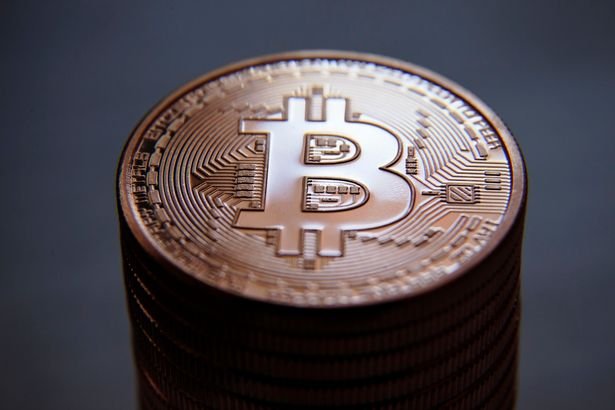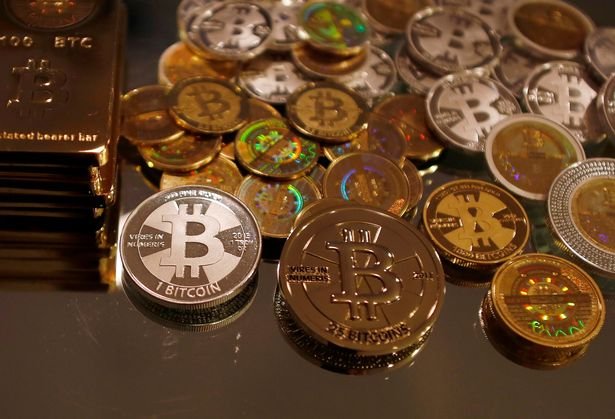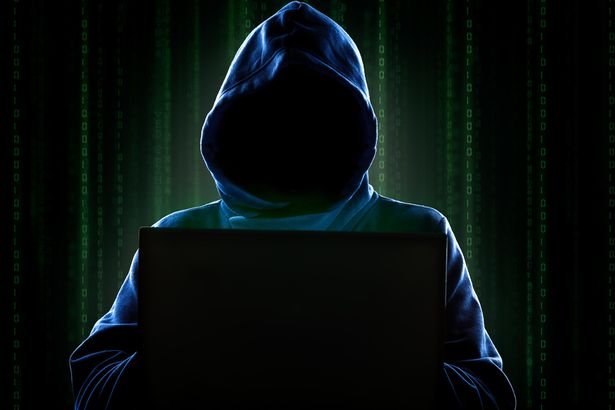What is Bitcoin? All you need to now first!
Bitcoin has exploded into the mainstream over the last six months as many people look to cash in on the new digital currency.
A surge towards the end of last year was followed by a crash soon after - but now it appears that bitcoin has largely settled down.
The cryptocurrency appears to be hovering around the $9,000 mark at the time of writing. However, as with all currency markets, that could change at a moment's notice.
Some investors are cautious about bitcoin in general whilst others are trying to capitalise on the trend.
As a technology though, cryptocurrencies are booming - thanks to their decentralised nature and encrypted security.
If you're still not sure about exactly what it is, we've taken a look at the 21st century currency below and explained everything about it.
What is Bitcoin?
Bitcoin was the first of what have become known as "cryptocurencies".
These are forms of digital money that use encryption to secure transactions and control the creation of new units.
The plan was to make a form of currency not controlled by governments or businesses, that you could trade globally with no cost and without having to reveal your identity.
The popularity of Bitcoin has spawned many copycats - sometimes called "altcoins".
To make things more confusing, there are also "second generation" virtual currencies like Ethereum and Bitcoin Cash.
So they’re not like the coins in my purse or wallet?
No. They are essentially a line of numbered “code” - instructions used in computer programming.
However, once purchased they can be exchanged for some goods and services, like normal money.

Where did Bitcoin come from?
Created by a mysterious developer who uses the pseudonym Satoshi Nakamoto, Bitcoins exploded on to the financial scene in 2013, following enormous increases in their value.
In the original Bitcoin white paper, Nakamoto describes his creation as a "peer-to-peer version of electronic cash", allowing "online payments to be sent directly from one party to another without going through a financial institution".
How does Bitcoin work?
Nakamoto wrote that such a currency uses "cryptographic proof instead of trust, allowing any two willing parties to transact directly with each other without the need for a trusted third party".
This sort of stateless, bank-free currency uses a distributed, cryptographically secure "blockchain" to record payment transactions.
Recording of payments onto the blockchain is powered by users, who offer their computer power.
They are rewarded with newly created Bitcoins, and this activity is referred to as mining.
What determines their value?
Like many things, it comes down to supply and demand.
New Bitcoins are released at a rate of about 25 new coins every 10 minutes.
But the flow will dry up as they have been designed to ensure that no more than 21 million will ever exist. Today, around 16 million are in use.
How to get Bitcoin
Bitcoins can be obtained in a number of different ways. It's possible to accept them as payment for goods or services.
You can also buy them directly from individuals or special websites called 'exchanges' that will swap Bitcoins for regular currency.
Bitcoin wallets
Bitcoin wallets are simply specially-designed programs that store your Bitcoin, the same way a regular wallet would store your cash.
They can be used either on a desktop computer or a smartphone and can be stored securely on the web so they can be accessed from anywhere.

How to mine
Mining is a tricky process that involves solving a complex maths problem that takes both time and computing power. The more powerful your computer (and thus, the quicker you can crunch the numbers) means a more difficult problem.
Custom-built Bitcoin mining hardware and software is now available, allowing miners to find Bitcoins even faster.
Each miner also solves a dual function as they process and secure transactions on the block chain. But the more miners that join, the harder it becomes to find Bitcoins.
What is a Bitcoin miner?
A Bitcoin miner can be anyone that simply does it for fun right up to someone with the latest equipment who is attempting to mine for profit.
Bitcoin miners also join into pools that split the workload and gives each of them a share of the profits.
The future of cryptocurrencies
Second-generation cryptocurrencies include altcoins with more advanced functions, that harness the computing power of the blockchain.
An example is Ethereum - the blockchain can execute "smart contracts".
These are pieces of computer code that can interact with other coded contracts and perform work - for instance moving money around and making decisions.
The DAO platform that was hacked is written into the Ethereum blockchain and can autonomously operate without humans to control the organisation.
To decide what investments the DAO makes, its members vote on which proposed contacts will be included in the blockchain.
This could be the start of an autonomous financial future dictated by machines rather than humans.
Why have there been so many warnings about Bitcoin?
Partly because of fears that investors will lose a packet.
Firstly, Bitcoin has no central bank that stands behind it and isn’t regulated by any state.
Secondly, experts reckon the bubble could burst.
Earlier this year Ethereum – the second biggest cryptocurrency after Bitcoin – saw its value collapse from $317 a coin to $0.1 a coin in a day. It bounced back, and is now trading at $473 a coin, but the lesson is there.
Some have labelled Bitcoins what traders call a “fool’s asset”. Unlike investing in a house that can be rented out or a company that makes profits, the only way to make money from them is to find a “greater fool” than you who’ll pay an even higher price than you will.
Legendary investor Warren Buffett says of Bitcoin: “Stay away from it. It’s a mirage, basically.”
Finance expert Martin Lewis said: “Bitcoin is a highly speculative investment. Putting money in it is a form of gambling.”
Why else are people worried?
Because it is being exploited by criminals and hackers.
The fact that transactions are untraceable makes it a dream come true for drug dealers and money laundering, and it is the currency of choice for cyber criminals.
It is telling that online crooks who launched the massive WannaCry ransomware attack earlier this year, which crippled part of the NHS and as well as businesses in 150 countries, demanded Bitcoin payments for organisations to regain access o their systems.
The ill gotten gains can be transferred across borders and withdraw in any currency or spent them on the dark web - a collection of hard to find websites where it is impossible to track the user.
The Treasury this month announced a crackdown on Bitcoin to tackle money laundering and tax dodging.
Under the plans, online platforms where Bitcoins are traded will be required to vet customers and report suspicious activity.
